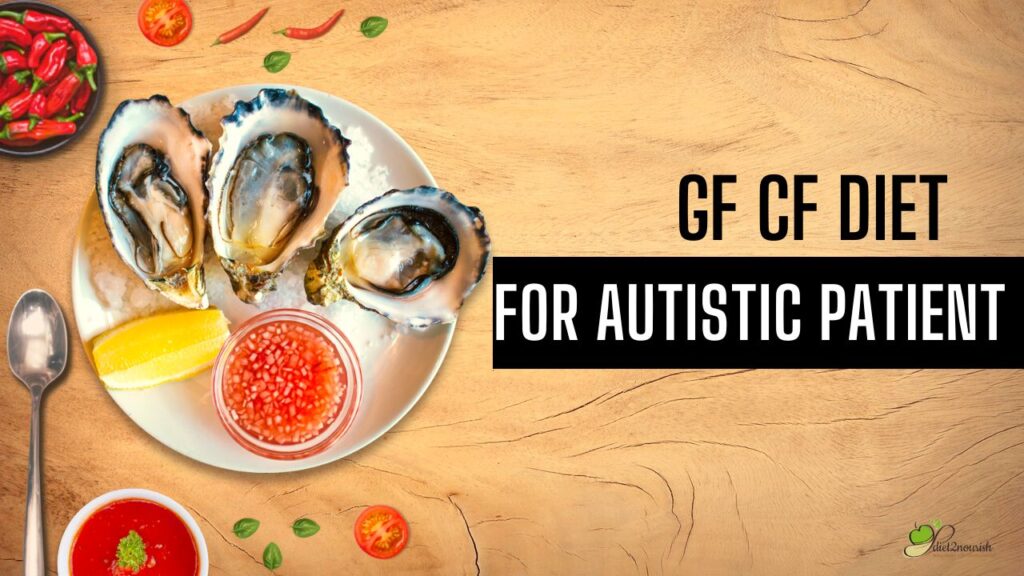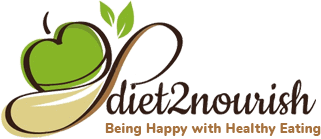Autism Diet
Often forgetting things, repeating, or not showing interest in any subject can be due to autism. The term “Autism” sounds new to you, but its symptoms aren’t. Yes, The neurological condition known as autism, typically emerging by age three, is the world’s third most prevalent developmental impairment.
An autism diet should be followed to help recovery; before, let’s understand the most important other factors of autism. Autism, or Autistic Spectrum condition (ASC), is a kind of brain disorder that could be lifelong. This has mainly happened with children since their childhood. This blog will share which kind of autism diet has to be followed and what should be avoided.
What are the causes of Autism?
The exact cause of autism is not yet known, but it may be genetic. It can be due to genetic as well as environmental factors. The following problems can be considered as the cause of autism:
1. Age of pregnancy:
becoming a mother at age 34 or older.
2. Complications in pregnancy:
Viral infections, bleeding, diabetes, high blood pressure, obesity, or lack of oxygen in utero during pregnancy can all lead to autism.
3. The mental health of a pregnant:
If a pregnant woman is suffering from schizophrenia, depression, and anxiety or has ever suffered, then the risk of autism in the child may increase.
4. Medications in pregnancy:
During pregnancy, an overdose of medicines can increase the risk of autism by up to 48 percent.
5. Family environment:
The family’s social, economic, and psychological circumstances affect autism.
After knowing the causes of autism, let’s learn further what can be the symptoms of autism where an autism diet can be beneficial.
What are the Symptoms of Autism?
The main symptoms of autism are difficulties in social communication and behavior, repetition, and loss of interest. However, the symptoms of autism do not appear the same in everyone. Know below some common signs that are seen in most people who have autism:
Problems with social communication such as:
- Little or no eye contact.
- Don’t look at others, and don’t listen.
- Not responding to name-calling.
- Problems in maintaining communication.
- Talking about your interest without giving a chance to the other person.
- Non-match of body movements and gestures with what is being said.
- Singing or having an unusual tone of voice that sounds flat and robotic when speaking.
- Trouble understanding others’ perspectives or body language.
Restrictive/repetitive behavior such as:
- Unusually repeating words or sayings.
- Excessive interest in certain subjects, such as numbers, details, or facts.
- Feeling depressed by even the slightest change in daily life.
- Being more sensitive to light, sound, clothing, or temperature than others.
Correct medical treatment is needed to get relief from the symptoms of autism. With that, an optimum autism diet should be followed under the guidance of a clinical dietician at diet2nourish.
Is an Autism-affected person have any problems with eating?
Autistic people are sensitive about everything, including food. They require different tastes, looks, and smells. All these things can be difficult to eat regular food. Certain foods can lead to a limited autism diet for them.
Some examples include their eating problems:
- They prefer soft and crunchy textured foods.
- Certain food brands are in the market for them (gluten-free, casein-free food).
- Some people believe that children with autism restrict their intake and prefer bland food.
- They don’t like different varieties of food on their plate.
- They want to eat predictable food.
What is the role of a Dietitian for an Autistic person?
Autism affects a person mentally. It will not affect your health physically, but yes, mentally. Autistic people are not mad; all they need is a proper autism diet and nutrition, which their body requires and prefers. Consulting with a licensed dietician is very important for those affected people. Having good knowledge and education about food, they will always recommend a suitable diet food.
Can a dietician help our problem with digestion by using an Autism Diet?
Digestion is the process by which food breaks down into nutrients in the body. An autistic person eats selectively, highly preferred food. Constipation, diarrhea, and gastrointestinal (GI) symptoms are often seen in autistic people. Eating regular meals which contain good fiber will often help. Any stomach-related issues should be managed the same way as people who are not autistic.
What should the diet be for an autistic person?

An autistic person is advised to eat gluten-free and casein-free food. They need to balance their blood sugar and increase Omega 3 fats, vitamin A, vitamin D, vitamin B6, vitamin C, and magnesium in the body.
Gluten-free food
Gluten is generally found in grains like wheat, barley, and rye. It is the theory that gluten-containing foods are susceptible to autistic people.
Casein Free Food
Casein is a variety of protein found in dairy products, and food-proclaimed lactose-free contains casein. Cows, goats, and sheep contain casein like yogurt, cream, and cheese. Even soy products also contain casein.
Vitamin A
The best sources of vitamin A are breast milk, organ milk, fish, and cod liver oil. Vitamin A is essential for vision and building healthy gut and brain cells.
Magnesium and Vitamin B6, Vitamin C
The sound sources of Vitamin B6 are chickpeas, salmon, and dark green leafy vegetables. Broccoli, cauliflower, and peppers contain high quantities of vitamin C. Nuts, seeds, and cacao are all good sources of magnesium.
Balance blood sugar
It is vital to balance blood sugar in the body by reducing the consumption of sugary drinks and caffeine. Consuming more whole foods like fruits, vegetables, fish, chicken, and nuts will help your body to support your blood sugar level.
Increase in Omega fat 6
Autistic people are likely to need a higher intake of essential fats. They should eat oily fish such as mackerel and salmon at least twice a week and seeds like flax seeds and chia seeds on most days.
Diet rich in Omega-3 fatty acids
Including foods containing omega-3 fatty acids in the autism diet may also help reduce symptoms of autism. You can add foods like fish such as salmon, mackerel, albacore tuna, trout, sardines, flaxseeds, walnut, chia seeds, canola and soy oil, soybeans, and tofu, etc. to your autism diet.
Probiotic-rich diet
Including a probiotic-rich diet in the patient’s diet can also be beneficial, which can help reduce gastrointestinal problems caused by autism. In this case, you must consume cheese buttermilk, curd, ice cream, milk powder, fermented milk, etc.
Conclusion
As this disorder directly affects the person’s brain, it is crucial to consult the best dietician. By dietitian consultation and following an autism diet, you can notice the vast improvement in autistic children.










